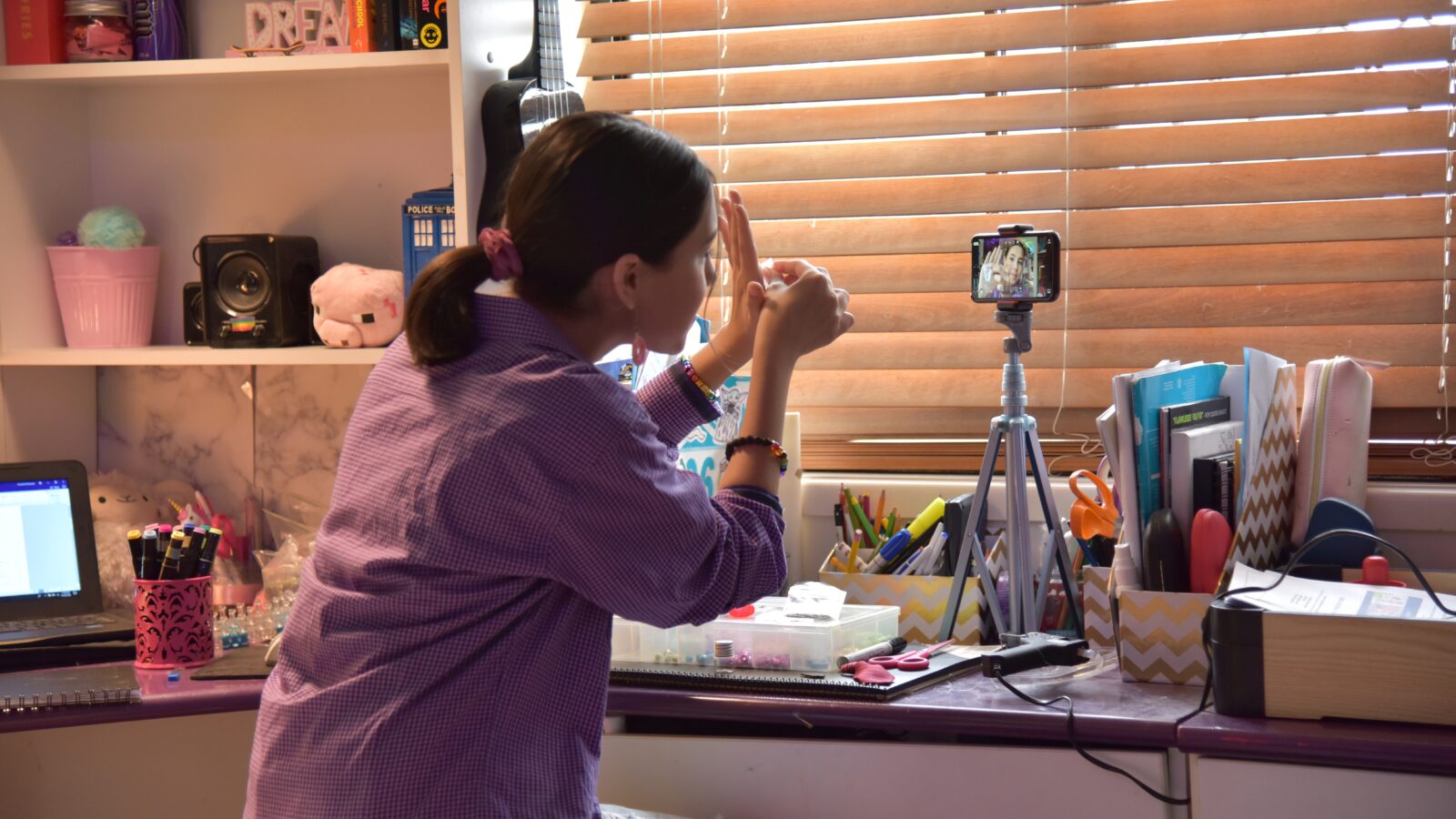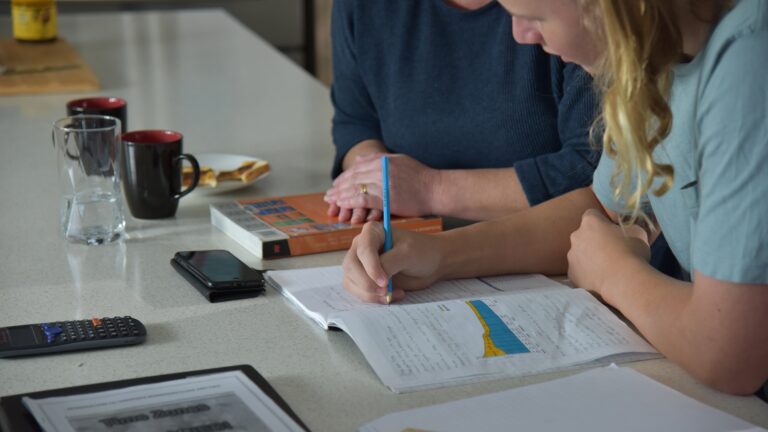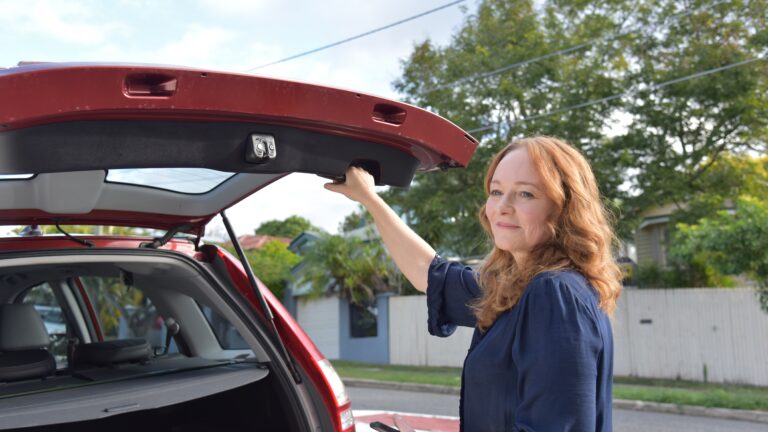As every parent knows, each child is different. For some children, routines and structures give them the learning experiences and stability they need to grow in confidence, while for others, some flexibility in their approach to learning can help. Schools want every student to succeed and that’s why their staff work so hard to respond to the needs of every student.
Talk to the team at your child’s school
If your child is struggling at school, you don’t have to deal with it on your own. There are many things schools can do to help you and your child. Be open with the staff at your child’s school. Share your concerns so together, you can break down the issues your child is experiencing, understand why your child is struggling, and work out the best way to help your child. With this understanding, you and the school can work together to decide whether a more flexible approach would help your child, even for a short time. Encourage your child to be part of this process and to talk about how they are feeling and what they think would work for them. Being a part of the process will help your child feel in control of their school experience and more likely to commit to any process you put in place. You can also contact your local Department of Education regional office who can work with you and your child’s school to find the best approach for your child.
Seek professional advice
Guidance officers and other professionals are available at schools to help students with their educational, behavioural, and mental health and wellbeing needs. Guidance officers can help with learning and academic performance, study skills and planning, subject selection, career advice, applications for post-school study, training and employment pathways, behavioural problems, building social skills, short-term counselling, accessing community services, and mental health concerns such as anxiety and depression. Details of how to contact a guidance officer at your child’s school should be on the school website. If you cannot find this information, contact the school administration and ask them how you can get in touch with the guidance officer. Find out more about how guidance officers can help your child at school.
A better fit at school
Schools can make adjustments to assist students who may not be thriving in a structured school setting. After identifying your child is struggling, the school team will assess your child’s needs and come to you with proposed options. Your close understanding of your child’s needs, along with what you have tried at home, can help shape the school’s plan for your child and give it the best chance of success. Options a school might propose will depend on your individual child’s needs, the subject area they need help with, and the availability of resources at your child’s school.
Try different teaching approaches in the classroom
Classroom teachers can teach in different ways to fit children’s different learning styles. These adjustments will depend on the nature of a child’s learning difficulties, the subject area they need help with, and the availability of resources at the school. Such adjustments could include:
- sharing information in a variety of ways (e.g. listening to audio books, reading text books, or using interactive online learning)
- grouping children with similar learning styles and interests
- relating learning to an area of interest to a child
- adjusting projects and tests to allow students to demonstrate their understanding in different ways.
Change takes time
When your child is struggling at school or has become disengaged from their learning, it can take time to see positive results from changes their school makes to better meet their needs. It’s important to stick at it and work closely with your child’s school to make sure everything possible is done to support your child. Stay in touch with your child’s school and let them know how things are going at home. If you have worked closely with your child’s school but have been unable to resolve problems relating to your child’s education, then you should contact your local Department of Education regional office to seek support. Each regional office has a team of experts who understand how the education system works, have strong connections with local schools, and who know how to get support for young people who are struggling at school.
Last Updated: 08 December 2022





